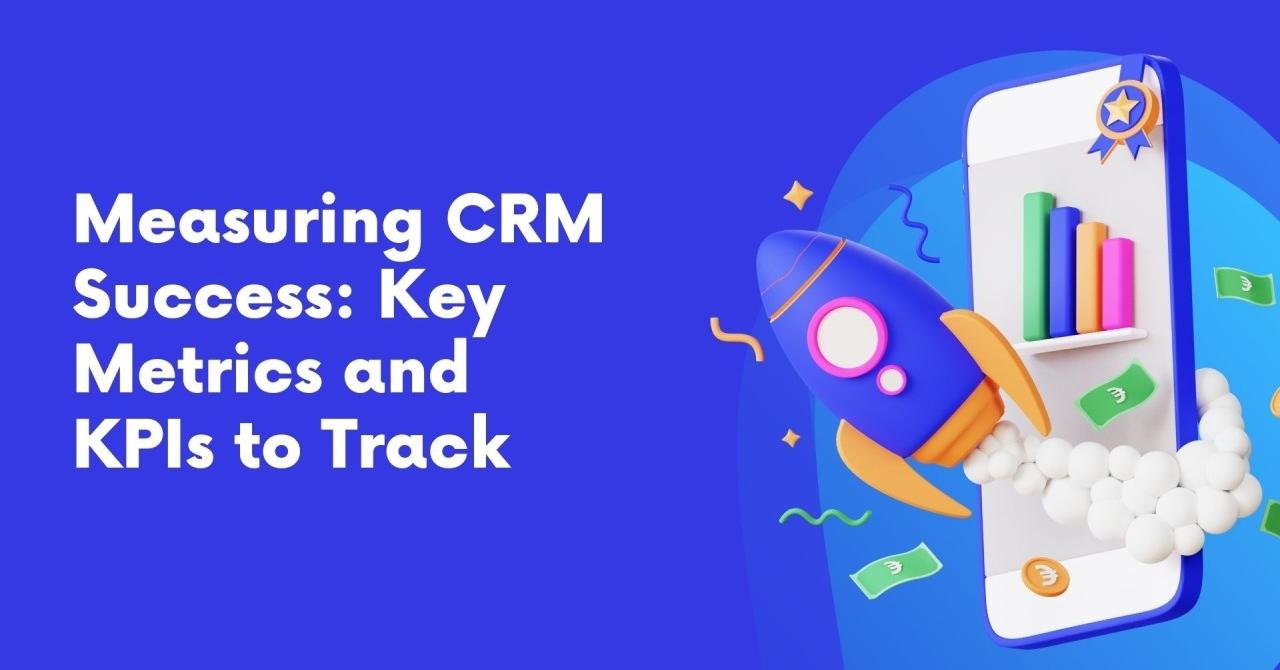In the dynamic world of contact centers, the effectiveness of your Customer Relationship Management (CRM) system is vital. It’s akin to fine-tuning an instrument for the best performance. But how do you ensure your CRM aligns with your business objectives? Key Performance Indicators (KPIs) are your answer. These metrics are like the conductors of CRM success, guiding you to make informed decisions.
This article will explore how to measure CRM success using straightforward yet impactful KPIs. Whether you’re seasoned in managing contact centers or new to CRM, we’ll guide you through using KPIs to optimize your CRM strategy and boost your contact center’s performance.
Understanding KPIs in CRM
KPIs are critical in tracking how well your organization is reaching its goals. In the context of CRM, they help assess the system’s effectiveness in managing customer relationships. Why do KPIs matter? They offer clarity and direction – much like a map on a journey. By tracking progress and setting realistic targets, KPIs enable informed decision-making.
KPIs act as health indicators for your CRM, helping you gauge its effectiveness, spot improvement areas, and ensure it’s delivering on its promises. Contact center CRM KPIs fall into various categories, each targeting specific aspects of your business:
- Financial KPIs assess the financial impact of your CRM, including revenue generation and ROI.
- Customer-Centric KPIs, like satisfaction scores and retention rates, reflect your CRM’s success in serving customers.
- Operational KPIs measure the efficiency of your contact center, including response times and agent productivity.
Tailor your KPIs to align with your specific CRM objectives. Whether you aim to increase sales, improve customer service, or streamline operations, there’s a KPI for every goal.
Common KPIs in CRM
Some widely used KPIs in CRM include:
- Average Handle Time (AHT): Measures the efficiency of customer interactions.
- First Call Resolution (FCR): Indicates the quality of service by tracking resolved queries in the first interaction.
- Customer Satisfaction Score (CSAT): Gauges customer satisfaction levels post-interaction.
- Net Promoter Score (NPS): Assesses customer loyalty and likelihood of recommendations.
- Sales Conversion Rate: Shows the effectiveness of the sales team in converting leads to sales.
- Customer Churn Rate: Measures the rate at which customers stop doing business with you.
Setting Goals with CRM
Defining clear, specific goals is the first step in CRM success. This involves aligning CRM goals with broader business objectives and using KPIs to track progress. Specific goals, like reducing response times or improving customer satisfaction, give a clear direction. Linking goals to customer satisfaction ensures that your CRM strategies are customer-focused. Aligning CRM goals with business objectives can be challenging, but KPIs help bridge this gap by providing measurable outcomes to track your progress.
Monitoring Progress with KPIs to Understand Your Performance
KPIs guide you toward your contact center CRM objectives, acting as a compass. Regularly monitoring these indicators ensures you stay on course, adjusting strategies as needed. The indicators are valuable in unlocking insights into your contact center’s performance. They help interpret trends and benchmarks, guiding strategic improvements.
Analyzing KPI data goes beyond numbers; it’s about understanding underlying patterns and translating them into actionable strategies. Use these insights to drive CRM improvements, optimizing processes and enhancing customer interactions. Maintain a continuous watch on your KPIs, adapting your CRM strategies to changing circumstances and evolving customer needs.
Conclusion
KPIs are essential tools in measuring and enhancing your contact center’s CRM performance. They guide your strategies, ensuring that your CRM system not only meets but exceeds expectations in customer service and operational efficiency. With the right KPIs, you can steer your contact center towards greater success and customer satisfaction. So, embrace KPIs as your navigational tools in the CRM journey, unlocking your contact center’s full potential.

